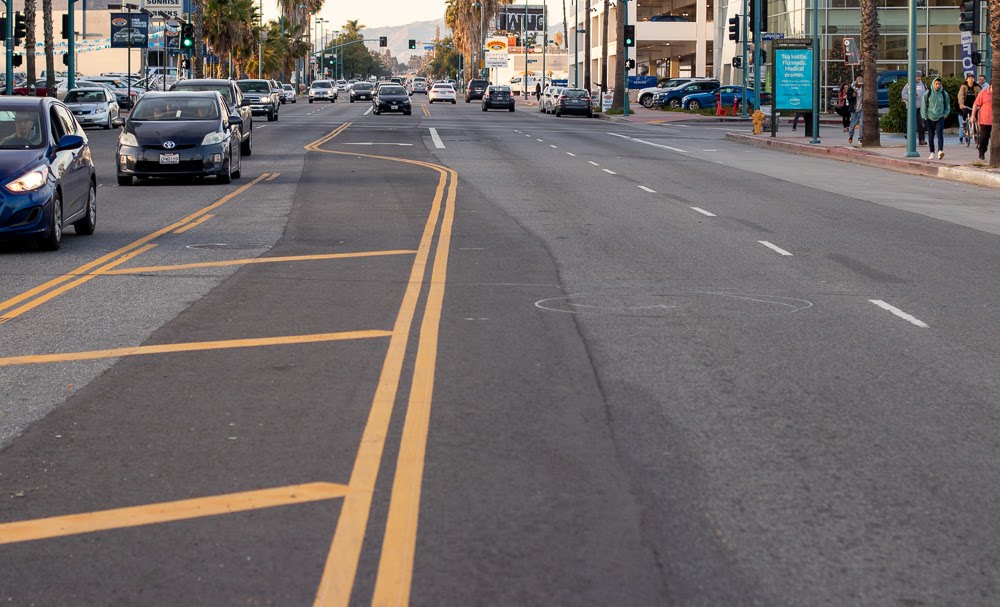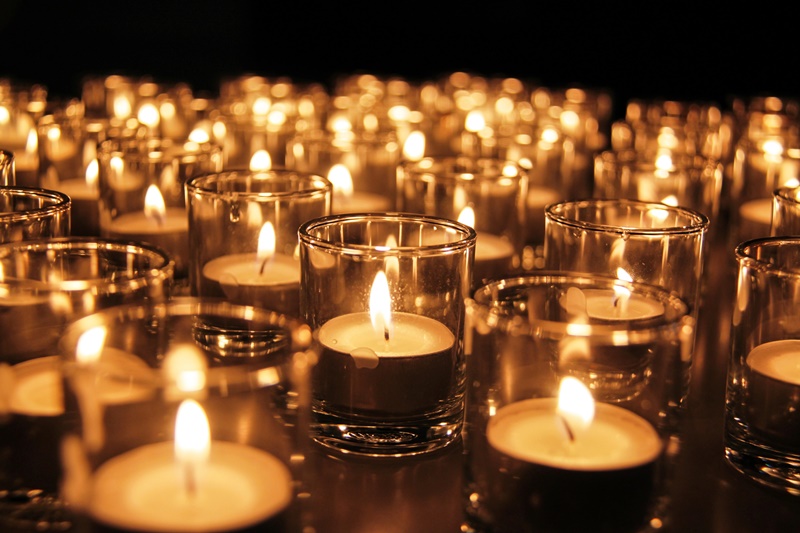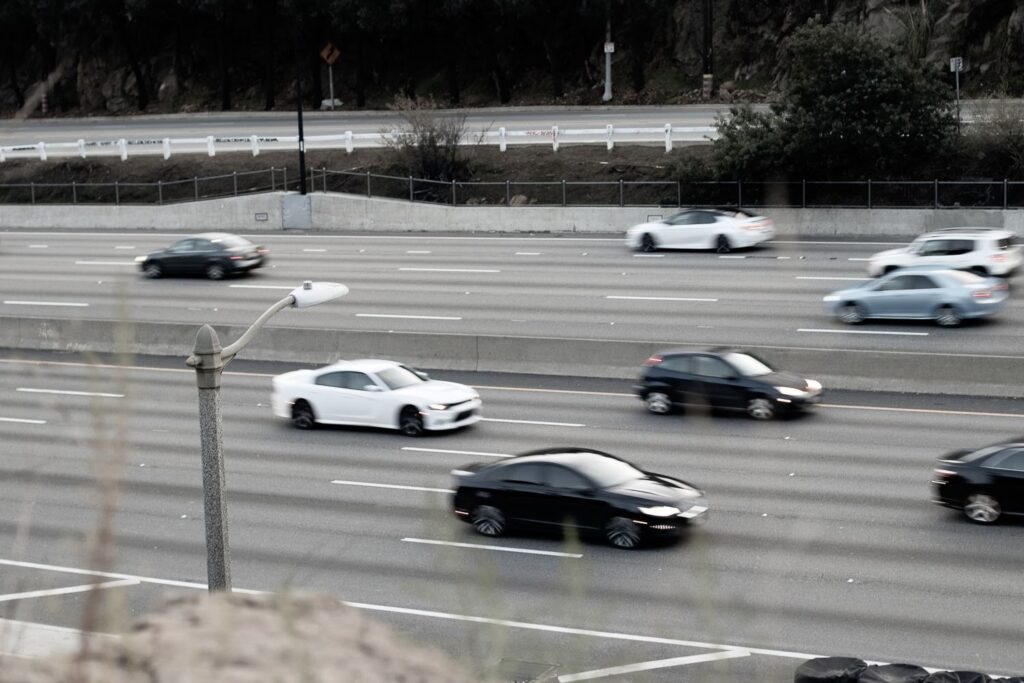Welcome to our guide on premise liability. We aim to clear up legal duties for property injuries. This article will cover common questions about personal injury claims from accidents on someone else’s property. Knowing about premise liability is key for both property owners and visitors.
It shows the duties that exist in these situations. We’ll look at definitions, the duties of owners and tenants, and different types of premise liability cases. Our goal is to make legal terms easy to understand. This way, you’ll know your rights and duties.
This FAQ guide is for working adults. It’s here to help you understand these legal issues.
Key Takeaways
- Premise liability refers to the legal responsibilities of property owners for injuries on their premises.
- Visitors may have specific rights based on their relationship to the property.
- Common types of premise liability cases include slip and fall accidents, dog bites, and inadequate security.
- Defenses like comparative negligence may impact the outcome of a premise liability claim.
- Gathering evidence and documenting injuries are key for a successful claim.
- Understanding the insurance claim process can significantly affect your recovery.
Understanding Premise Liability
Knowing about premise liability is key for those dealing with personal injury law. It shows who is responsible for keeping properties safe. This is important for getting compensation for accidents on someone else’s land.
Definition and Scope
Premise liability means property owners and renters must keep their places safe for visitors. This rule applies to homes and businesses. It covers many situations, like poor upkeep, dangerous spots, or lack of security.
Each case depends on if the owner or renter did enough to avoid accidents. This affects their legal blame in injury claims.
Importance in Personal Injury Cases
Premise liability is very important in injury cases. Victims often sue because the property owner didn’t keep their place safe. Knowing about this helps victims understand their rights better.
It’s vital for those in personal injury law to grasp the details of premise liability. This knowledge can greatly change the outcome of claims. It shows what options are available to those hurt.
Who is Responsible for Premise Liability?
It’s important to know who is responsible in premise liability cases. This helps both property owners and tenants. It also protects visitors’ rights. Understanding these roles is key to keeping everyone safe.
Property Owners vs. Tenants
Property owners must keep their places safe for visitors. They need to check for hazards and do regular upkeep. They are also responsible for common areas.
If someone gets hurt because of their carelessness, the owner might be sued. Tenants also have a role. If they make the place unsafe, like by leaving things in the way, they could be sued too. It’s important to know who is responsible to avoid legal problems.
Visitor Categories and Their Rights
There are different types of visitors, each with their own rights:
- Invitees: People invited for business reasons. They have the most protection and owners must keep them safe.
- Licensees: Social guests who are allowed to be there. They have some rights, but not as many as invitees.
- Trespassers: Those who enter without permission. They have the least rights, but owners can’t harm them on purpose.
Knowing about visitor rights is important for owners and tenants. It helps avoid legal issues, whether it’s about injuries or unsafe conditions.
| Visitor Type | Legal Rights | Examples |
|---|---|---|
| Invitees | Highest level of protection; must ensure safety | Customers in a store |
| Licensees | Moderate protection; duty to warn of known hazards | Friends visiting for a gathering |
| Trespassers | Lowest protection; must not intentionally harm | Person entering property without permission |
The Different Types of Premise Liability Cases
Premise liability cases cover many incidents that can cause injuries on someone else’s property. Knowing about these scenarios helps victims understand their rights and how to seek compensation. The main types include slip and fall accidents, dog bites, and issues with security.
Slip and Fall Accidents
Slip and fall accidents often happen in places like grocery stores or restaurants. They usually occur because of hazards like wet floors or blocked paths. These accidents can lead to serious injuries, high medical costs, and lost work time. It’s important to understand what causes these slip and fall incidents to seek fair compensation.
Dog Bites and Animal Attacks
Dog bites are a big part of premise liability cases. Owners are usually responsible for injuries their pets cause. But, the rules about this vary by state. Knowing the local laws is key for victims to get justice against dog owners.
Inadequate Security and Crime
Inadequate security is a big problem, mainly in areas with high crime rates. Property owners must provide enough security to keep visitors safe. If they don’t, they could be held liable for crimes that happen on their property. It’s important to know what property owners must do to ensure safety.
If you’re dealing with these issues, it’s wise to talk to legal experts about premise liability cases. They can help you understand your rights and how to get compensation for your injuries.
Common Legal Defenses in Premise Liability Cases
In the complex world of premise liability cases, many legal defenses can come up. These defenses are key for both sides. Two big ones are comparative negligence and assumption of risk. They both play a big part in figuring out who’s at fault and how much money someone might get for an injury.
Comparative Negligence
Comparative negligence looks at how much fault each side has in an accident. If the person who got hurt also played a part in the accident, they might get less money. For example, if someone slips on a wet floor but ignores warning signs, they might get less money because they were partly to blame. This way, the law tries to make sure everyone gets a fair share of blame.
Assumption of Risk
The assumption of risk defense comes into play when someone knows they’re taking a risk. Like going to a sports game where injuries happen or hiking on a trail with warnings. In these cases, the law might say the person can’t sue because they knew the risks. This defense puts the focus on personal responsibility for avoiding injuries.
| Legal Defense | Description | Impact on Liability |
|---|---|---|
| Comparative Negligence | Involves reducing the plaintiff’s recovery based on their share of fault in the incident. | Encourages fair compensation based on responsibility. |
| Assumption of Risk | Applies when plaintiffs voluntarily expose themselves to known dangers. | May eliminate the property owner’s liability for injuries sustained. |
FAQs About Premise Liability
Understanding premise liability can help those dealing with injuries on property. Here are some common questions and answers to guide victims.
What Happens When I Get Injured on Someone Else’s Property?
If you get hurt on someone else’s property, act fast. First, get medical help for your injuries. Then, write down what happened, including the date and time.
Tell the property owner or manager about the injury. This shows you reported it. It helps with any legal actions later.
How Do I Prove Negligence?
Showing negligence in a premise liability case takes steps. First, prove the property owner had a duty to keep you safe. Then, show they failed in that duty, causing your injury.
Linking the owner’s failure to your injury is key. Without strong evidence, winning your case might be hard.
What Damages Can Be Claimed?
Victims of premise liability can claim various damages. These include:
- Medical expenses for treatment and rehabilitation
- Lost wages due to inability to work
- Pain and suffering arising from the injury
- Property damage incurred during the incident
Each case is different. Knowing what damages you can claim helps you seek fair compensation.
| Type of Damage | Description |
|---|---|
| Medical Expenses | Costs related to hospital visits, surgeries, medications, and therapy. |
| Lost Wages | Income lost during recovery and any future earnings. |
| Pain and Suffering | Compensation for emotional distress and physical pain. |
| Property Damage | Costs to repair or replace damaged property. |
How to Prepare for a Premise Liability Claim
Getting ready for a premise liability claim needs a lot of focus. You must gather evidence and document injuries well. This helps prove your case and supports your claim for compensation.
Gathering Evidence
It’s important to collect evidence for your claim. Here are some key types:
- Photographs of the incident scene, including any hazardous conditions.
- Witness statements from those who saw the incident or can testify to the conditions.
- Police reports, when applicable, that document the circumstances surrounding the incident.
Good evidence gathering shows you’re serious and proves negligence. The more evidence you have, the stronger your case will be.
Documenting Your Injuries
It’s key to document your injuries accurately. Keeping detailed records proves your claim and shows how the injuries affect your life. Important things to include are:
- Reports of medical treatments and examinations.
- Photographs of injuries and any visible changes over time.
- Notes from healthcare providers regarding your condition and prognosis.
By documenting your injuries well, you make a strong case. This shows the full extent of your damages and losses. It’s important for negotiations and possible settlements.
| Type of Evidence | Purpose |
|---|---|
| Photographs | Visual proof of conditions and injuries. |
| Witness Statements | Corroboration of events and circumstances. |
| Police Reports | Formal documentation of the incident. |
| Medical Records | Detailed information about injuries and treatments. |
| Healthcare Notes | Insights into the impact and prognosis of injuries. |
Time Limits for Filing a Premise Liability Claim
When you’re planning to file a premise liability claim, knowing your state’s statute of limitations is key. This law tells you how long you have to start a lawsuit. If you miss these deadlines, you might lose your chance to get compensation for injuries caused by someone else’s carelessness.
Statute of Limitations in Different States
The time you have to file a claim for premise liability varies by state. It can be anywhere from one to six years. Knowing the exact time limit for your case helps you act fast and protect your rights.
| State | Statute of Limitations (Years) |
|---|---|
| California | 2 |
| Florida | 4 |
| Texas | 2 |
| New York | 3 |
| Illinois | 2 |
| Pennsylvania | 2 |
Every state has its own rules, and knowing them can greatly impact your case. If you’ve had a slip-and-fall accident, you need to watch the clock closely. For more on proving negligence in such cases, see this useful guide.
The Role of Insurance in Premise Liability Cases
It’s key to know how insurance works in premise liability cases. This insurance helps protect property owners from claims about injuries or damages. Knowing about different insurance types can help settle claims better for everyone.
Types of Insurance Coverage
Property owners usually have a few main insurance types for premise liability. The most common are:
- General Liability Insurance: Covers many accidents and injuries on the property.
- Commercial Property Insurance: Protects the property itself, which can also cover damage claims.
- Business Owner’s Policy (BOP): This policy combines several, like general liability, property, and business interruption insurance.
Knowing these insurance types helps predict claim outcomes and set expectations.
The Claim Process
The claim process has important steps for a successful outcome:
- Notify the Insurance Company: It’s vital to tell the right insurance company right away after an incident.
- File a Formal Claim: Explain what happened, include evidence, and provide all needed documents.
- Negotiate a Settlement: Work with the insurer to find a fair settlement, based on the damage and situation.
Every step in the claim process is critical. By following these steps, you can get better results in premise liability insurance claims.
How to Choose a Premise Liability Lawyer
Finding the right lawyer is key to winning a premise liability case. It’s important to know what to look for and to communicate well with your lawyer. Talking to lawyers can help you see if they’re a good fit for you.
Key Qualities to Look For
When picking a lawyer, look for these premise liability lawyer qualities:
- Experience in premise liability cases.
- Strong communication skills for effective client-lawyer interaction.
- A proven track record of achieving favorable outcomes for clients.
- Accessibility and willingness to address client concerns promptly.
Questions to Ask During Consultations
Before your consultations, think about these consultation questions:
- What is your fee structure?
- What is your success rate in similar premise liability cases?
- How do you approach client cooperation throughout the legal process?
Answering these questions helps you choose a lawyer who can win your case. For more on premise liability laws, visit this resource: Biloxi Slip and Fall Lawyer Information.
Negotiating Settlements in Premise Liability Cases
Settling premise liability cases is a complex process that starts when a claim is filed. Insurance companies usually make settlement offers that need careful thought. It’s important to compare these offers with your estimated damages and future medical costs.
Understanding your full compensation needs is key to making a smart choice about any settlement. If an offer covers your current and future needs, accepting it might be right. But, if it doesn’t cover all your damages, you might need to negotiate more.
In some cases, going to court might be the only way to get a fair deal. Being proactive and well-informed can greatly affect the outcome of settlement negotiations in premise liability cases.
FAQ
What Happens When I Get Injured on Someone Else’s Property?
If you get hurt on someone else’s property, first get medical help right away. Then, take photos or notes of what happened. Also, tell the property owner about the injury. This info is key for any claim you might make.
How Do I Prove Negligence in a Premise Liability Case?
To prove negligence, show the property owner had a duty to keep you safe. Then, show they failed to do so, which caused your injury. Lastly, prove you were really hurt. You’ll need solid evidence for this.
What Damages Can Be Claimed in a Premise Liability Case?
You can claim many damages, like medical bills and lost wages. You can also ask for compensation for pain, emotional distress, and property damage. The damages depend on the details of your case.
How Long Do I Have to File a Premise Liability Claim?
The time limit to file a claim varies by state, usually between one to six years. Knowing this helps protect your right to compensation.
What Should I Include When Gathering Evidence for My Claim?
When gathering evidence, get photos of the scene, witness statements, and medical records. Also, collect any documents that support your claim. This evidence is important to prove your case.
How Does Insurance Influence a Premise Liability Case?
Property owners often have insurance for injuries on their property. Knowing about this insurance and its limits can help you get the compensation you deserve.
What Are the Key Qualities to Look for in a Premise Liability Lawyer?
When choosing a lawyer, look for experience in personal injury cases. They should also be good at communicating and have a track record of winning cases.
How Should I Approach Negotiating a Settlement Offer?
When looking at a settlement offer, compare it to your total damages. If it covers your injuries and future needs, consider it. But if it’s not enough, you might need to negotiate or go to court.





